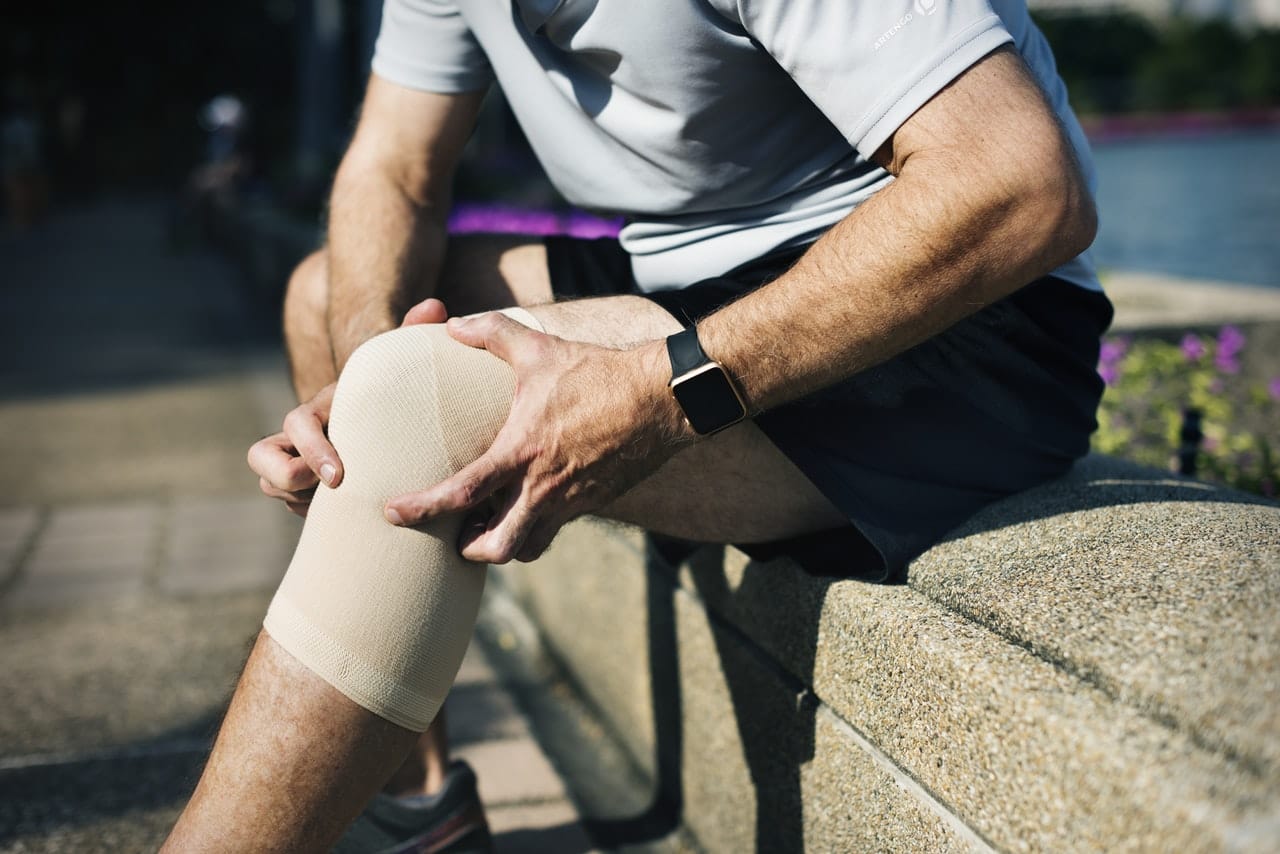
You’ve felt it—that ache that starts in the front of your knee after you play basketball or any jumping sport like volleyball or gymnastics. It came on slowly at first, but now you feel it more and more every time you play.
You are likely experiencing jumper’s knee. The official medical term is insertional tendinopathy, referring to the stress overload of the tendons that attach to the kneecap. It’s a common injury for any male or female athlete who performs jumping motions in their sport.
Doctors believe that jumper's knee is caused by repetitive stress on the patellar and quadriceps tendon. The injury is athlete-specific, appearing in sports that involve jumping motions—basketball, volleyball, or track and field high jumping or long jumping. It is sometimes seen in soccer players, too.
There are certain risk factors, such as higher body weight, anatomical knee features, landing technique, overexertion during training, landing on hard surfaces and gender. If your hamstring or quadriceps muscles are not very flexible, you’re also at higher risk.
Doctors usually classify jumper’s knee in four stages:
Most people respond well to modified activities to reduce tendon stress, as well as physical therapy and loading exercises. Ice therapy for 20 minutes after activity helps, too. Stabilizer braces or orthotics can provide stability and reduce stress loads.
Stretches can help a great deal. Flexor stretches in the knee and hip to stretch the hamstrings, gastrocnemius, iliopsoas, rectus femoris and adductors help, as do hip and knee extensor stretches to work the quadriceps and gluteals. There are also specific stretches that work the iliotibial band tendon.
Many athletes “play through the pain”, not realizing they can beat the early stages. If you suspect jumper’s knee, come into Knoxville Spine and Sports; we can diagnose and help treat your injury. We’ll provide a comprehensive rehabilitation or physical therapy program that focuses on increasing overall range of motion, strength, and flexibility. We will most likely also utilize laser therapy to assist in healing. The laser will increase the healing rate in damaged tissue, decrease the inflammatory process, as well as relax tight and taut muscles. If we catch it early enough, at Stage 1 or 2, treatment can be conservative and there is excellent prognosis for a full recovery to get you back out on the court in no time.
As a Certified Chiropractic Sports Physician, Dr. Bert is well-equipped to successfully diagnose, treat, and help you progress to a level of optimal performance. Give us a call to set up an appointment today!

8029 Ray Mears Blvd, Suite 300
Knoxville, TN
37919
Phone: 865-337-5574
Monday
7am-12pm & 1pm-6pm
Tuesday
7am-12pm & 1pm-4pm
Wednesday
7am-1pm
Thursday
7am-12pm & 1pm-6pm
Friday
7am-12pm & 1pm-4pm
Saturday & Sunday
Closed